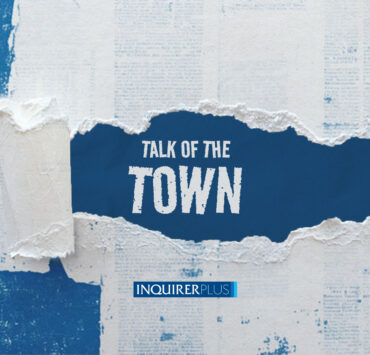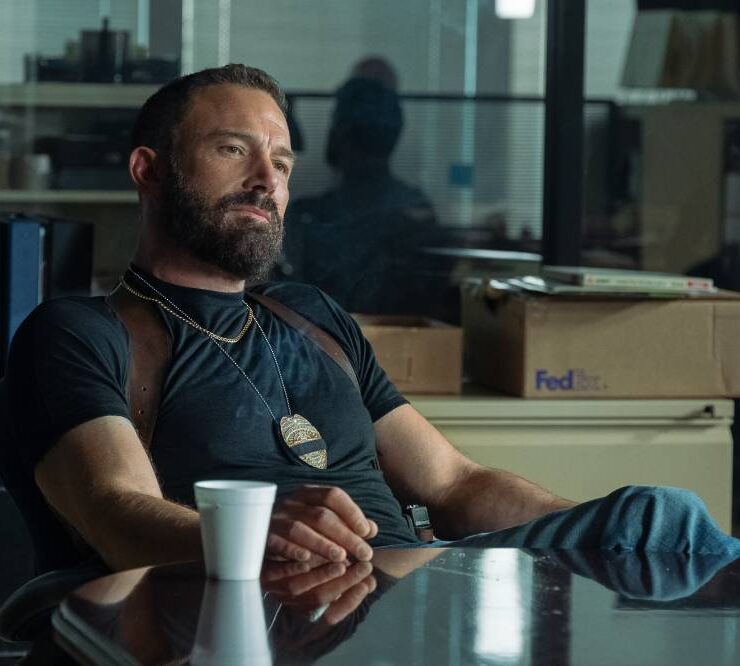More than politics, ‘Food Delivery: Fresh from the West Philippine Sea’ is about the people
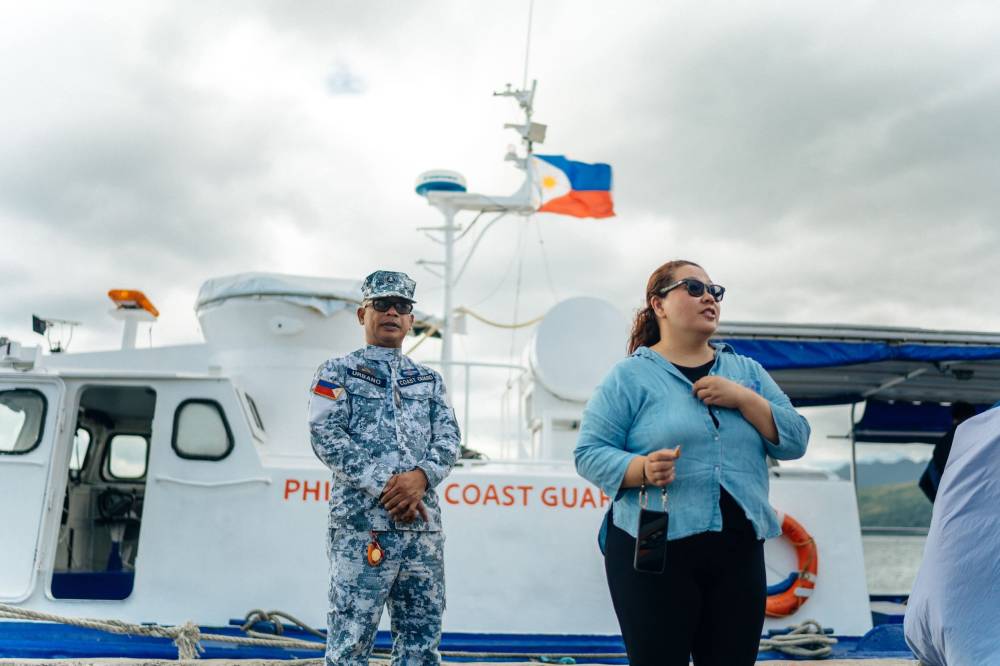
“I think the Philippines has bigger problems to worry about than the South China Sea.” That’s what an older gentleman told me during my penultimate night in Singapore—on the day of my graduation, no less. Packaged in a way typical of a stranger at a formal function, his “personal opinion,” I noticed, was an all too common one among defense and security practitioners in Southeast Asia. He’d worked with many Filipinos throughout his career, and he knew very well the culture of corruption and poverty that seemed to exemplify our way of life.
Filipinos themselves seemed to agree with him. While survey results have shown overwhelming support for the country’s efforts in the West Philippine Sea, its maritime row with Beijing has consistently lagged behind social and developmental concerns for most Filipinos. As it turns out, a geopolitical struggle hundreds of kilometres away isn’t all that important compared to putting food on the table. It’s abstract, detached, and impersonal.
But for the protagonists of director Baby Ruth Villarama’s latest documentary, geopolitics is personal.
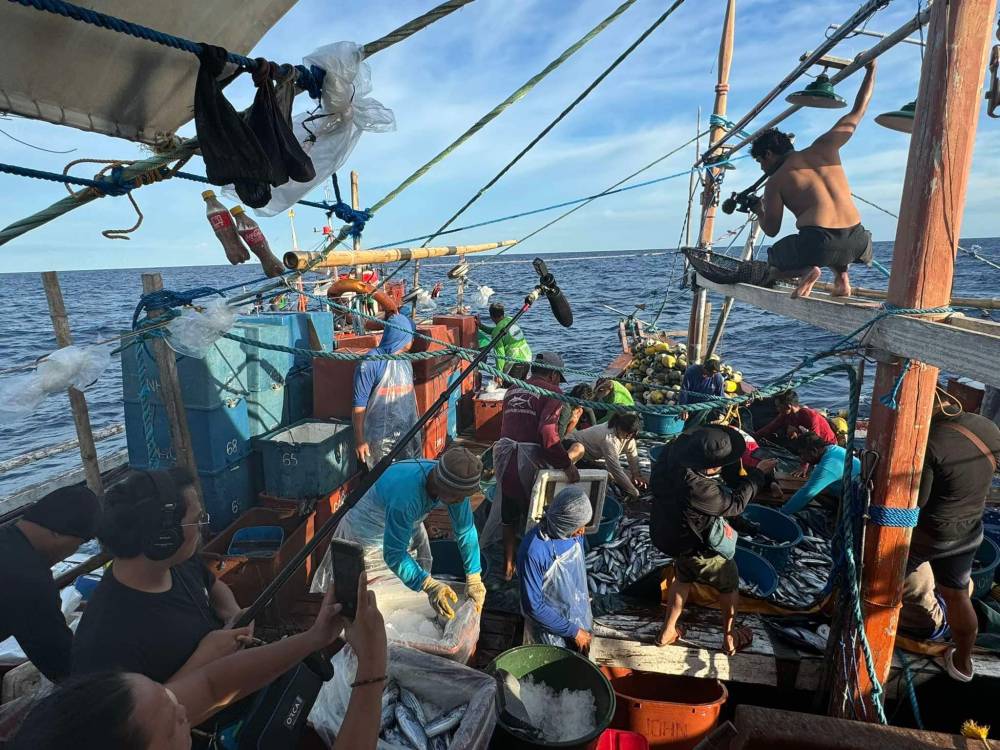
Hits close to home
“Food Delivery: Fresh from the West Philippine Sea” follows the lives of the men and women at the frontlines of Chinese aggression. From changing the guard at Lawak Island to a high-stakes confrontation at sea, defiant fishermen struggling to make ends meet, Villarama puts the Filipino everyman at the heart of her story.
En route to a lengthy deployment in one of the country’s most remote regions, a young officer and his comrades think of debts due and tuitions unpaid. They talk of logistics—not supply lines, but phone signals and e-wallets.
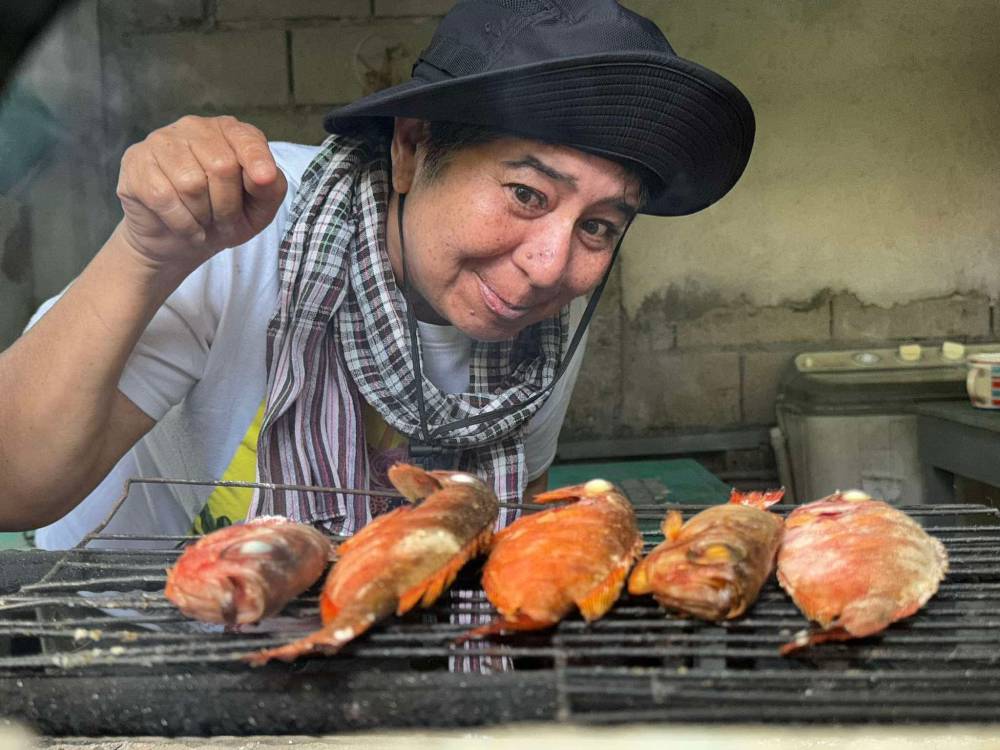
Indeed, even amid emerald waters, their thoughts were of home. For Lawak’s idyllic visage belies an underlying truth: the coming months will be nothing but sand, saltwater, and seagulls; of flaking walls and rusted metal.
Even for hardened marines, it’s no paradise adventure. But these men do their duty. Because duty is what pays the bills. And duty is what brings food to their families’ tables. It’s why fisherfolk brave the dangers of the sea.
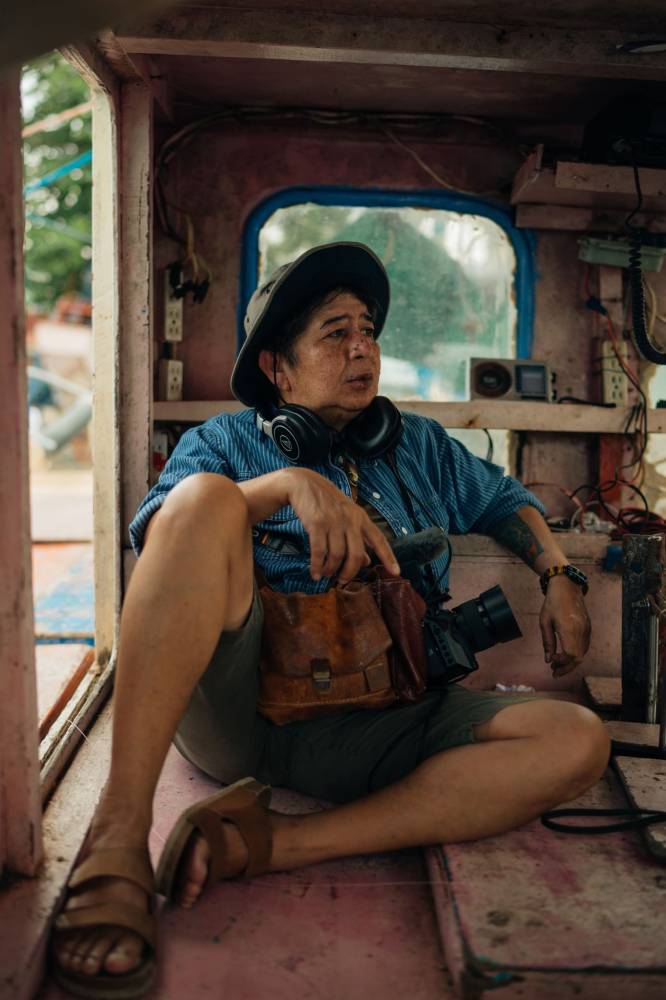
The bounty of the sea
At Scarborough Shoal, a communal fishing boat sees a window of opportunity amid clear skies and calm waters. The camera pans undersea to reveal the ocean’s bounty: fish as far as the eye can see. Their nets brim with the glittering scales and thrashing bodies of the day’s catch—enough food to feed an entire village.
Blessed with some of the highest marine biodiversity levels in the world, every rock, shoal, and islet in the disputed territories is of huge economic significance to the Philippines. The West Philippine Sea is responsible for approximately one-third of total fish production in the country, sustaining the livelihoods of over 300,000 Filipinos and supporting the broader coastal economies, where fishing is the primary source of income and food security.
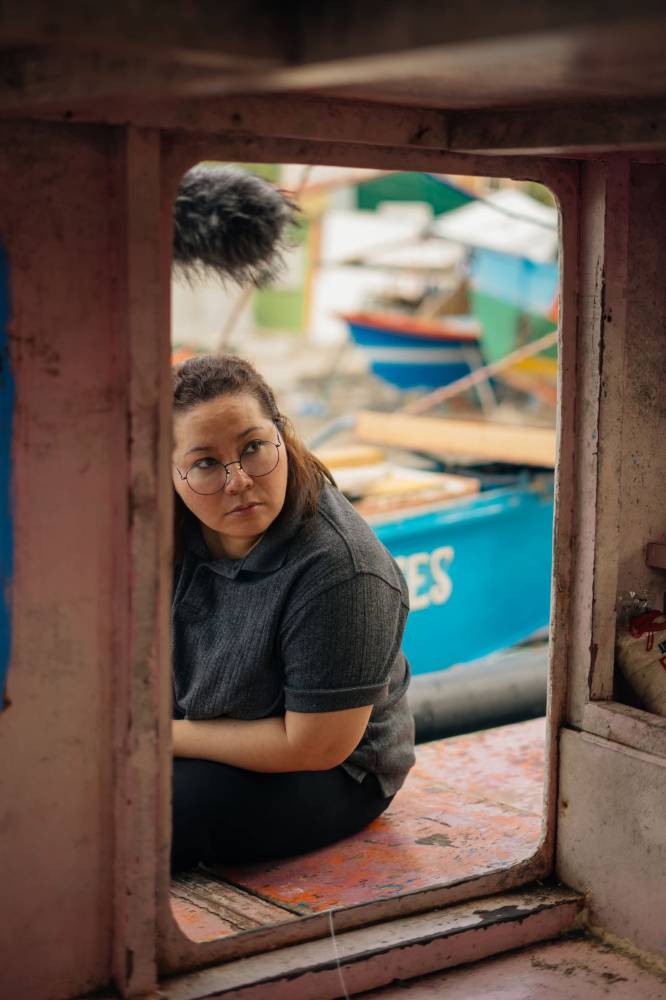
Back in the mainland, fishwives gathered as they contemplated the fickleness of the trade. They were never strangers to cyclones and rough seas. But Beijing had brought on a new storm—one of metal hulls and high-pressure water cannons. And the gates to Atlantis were quickly turning shut.
With a cigarette in one hand and the boat’s manifest in the other, a skipper lamented the fates of his fellow fishermen—many had gone into debt. As Beijing cracked down on access to fertile fishing grounds, profits thinned, and catches grew smaller. Despite the wealth of the ocean, the poorest subsisted on as few as a meal a day.
But even with a flurry of white hulls, these men and women continue to head out to sea. Because the sea is what pays the bills. And the sea is what brings food to their tables; to the families of the Lawak garrison’s tables; and to mine.
It is thanks to their sacrifice that people like us can sit on our desks, bellies full, and talk about their stories.
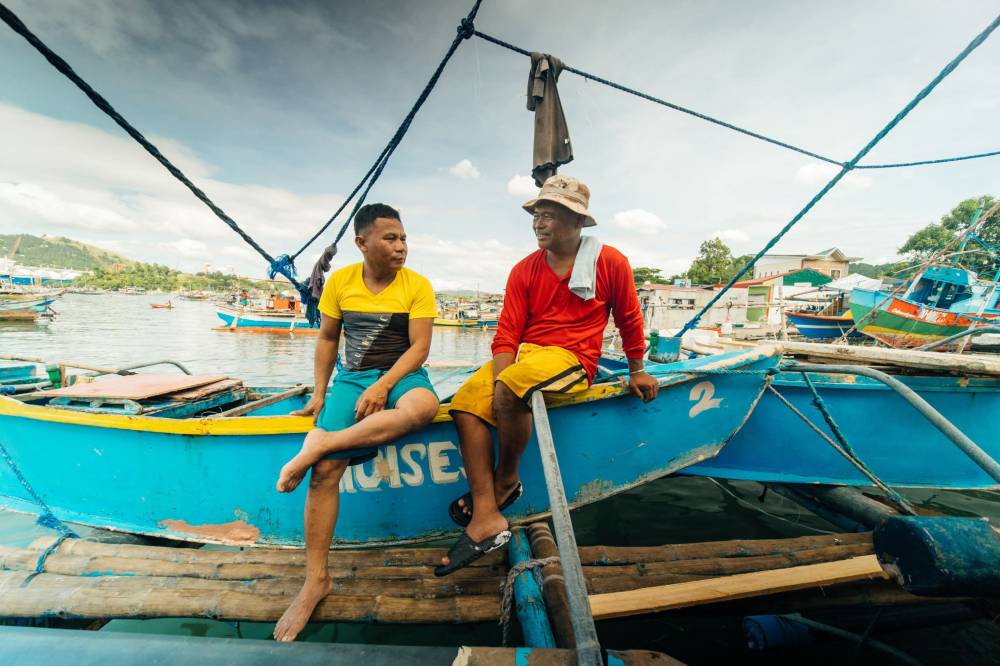
A future shrouded in doubt
And it is a sacrifice. Four fishermen disappeared during the filming of this documentary. Their families held out hope for their rescue. Whether they were swallowed by the sea or abducted by the Chinese is anyone’s guess. No one has ever found them.
Some, like fisherman Arnel Satam, take up the call to sacrifice without hesitation. Clad in red and with the sun and stars of the Philippine flag bellowing behind him, he ran a blockade of Chinese vessels back in 2023. A year later, he joined the search for his missing comrades, braving the hazards of Mother Nature—and the toll it ravaged on his aging body.
It’s here on the fringes of the country’s territory—where forces gather to chip away at its sovereignty—that people like Arnel embody the loftiest ideals of our nation’s anthem: “Aming ligaya na ‘pag may mang-aapi, ang mamatay ng dahil sa iyo.”
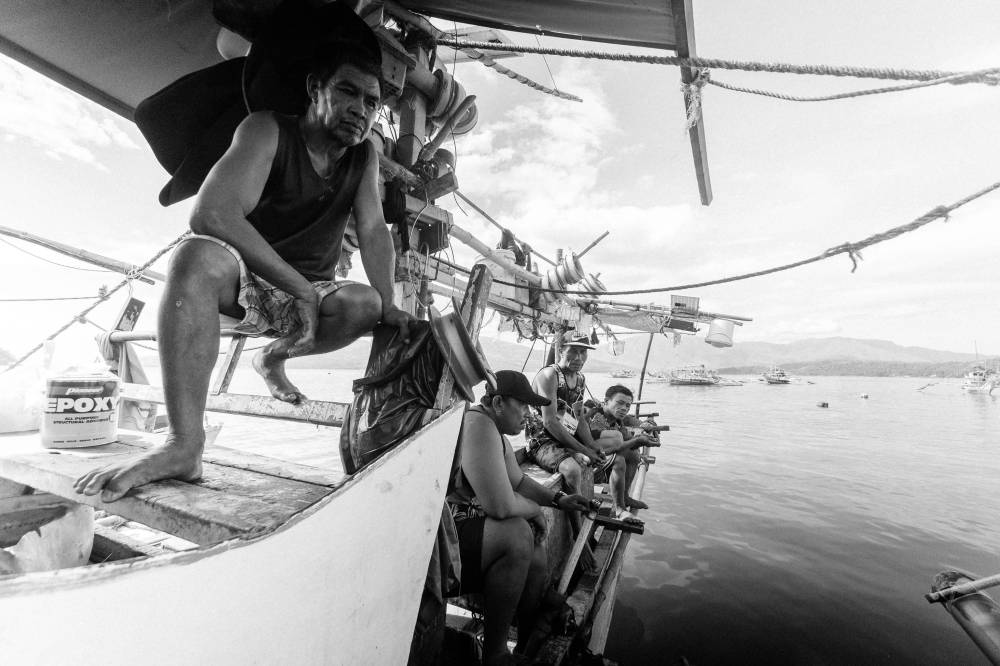
So, what if the Philippines has bigger problems than the South China Sea? Who will tell that to the garrison at Lawak Island? The fisherfolk at Scarborough Shoal? To patriots like Arnel Satam? Who will tell them that their rights to a livelihood, to a peaceful and comfortable existence, to a patrimony that will be passed from generation to generation, is worth less in comparison? Not I.
For beyond the geopolitical chess games and the theatrics of warring dynasts, “Food Delivery” showcases the inevitable struggle for human dignity. It’s a love letter from director Baby Ruth Villarama and her team, and a reminder that goes beyond ships and blips on a map—that there is a life at stake behind every op-ed, news reel, and headline.















